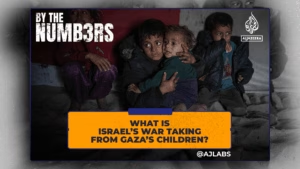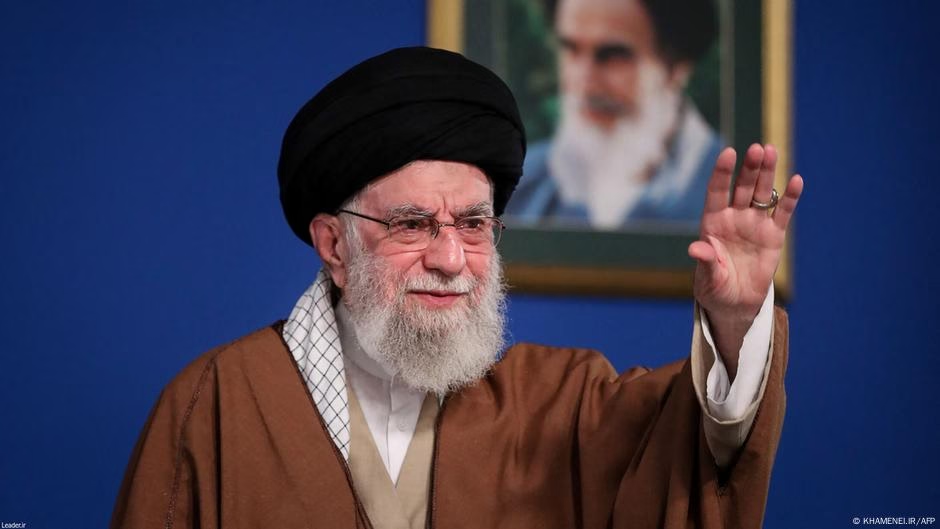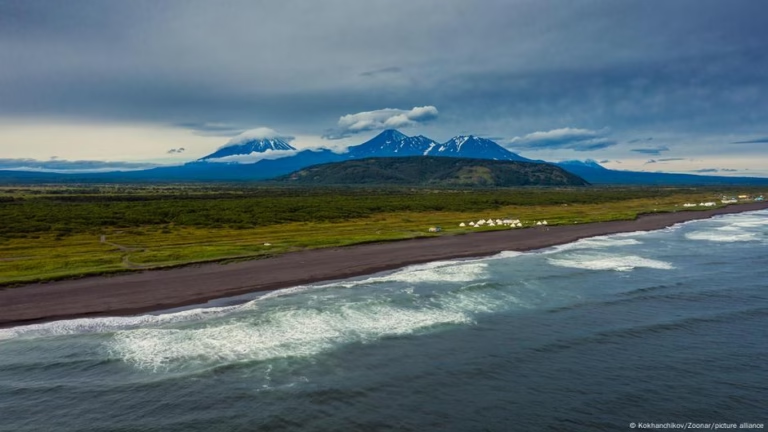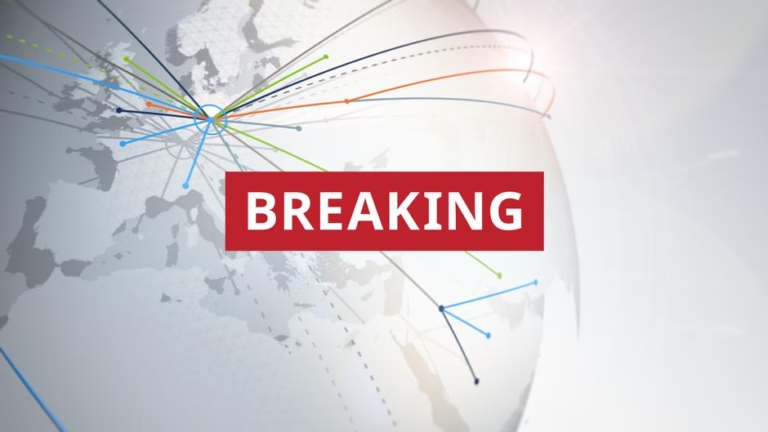Following US President Donald Trump’s previous statements in a Saturday interview, where he hinted at the possibility of bombing Iran if they failed to negotiate on their nuclear program, Khamenei responded.
Ayatollah Khamenei’s Warning
“They [the US and Israel] threaten to attack us, which we don’t think is very probable, but if they commit any mischief they will surely receive a strong reciprocal blow,” Khamenei stated during his Eid al-Fitr speech, marking the end of the Islamic fasting month of Ramadan.
“If it is carried out, they will definitely receive a strong counterattack,” he affirmed.
“And if they are thinking of causing sedition inside the country as in past years, the Iranian people themselves will deal with them,” he added.
Authorities in Iran have previously blamed the West for unrest, including the protests in 2022-2023 over the death in custody of Jina Mahsa Amini, who was detained for alleged violations of female attire rules, and nationwide demonstrations in 2019 over fuel price increases.
Iranian Foreign Ministry spokesperson Esmail Baghaei issued a more severe statement in response to Trump’s threat.
“An open threat of ‘bombing’ by a Head of State against Iran is a shocking affront to the very essence of International Peace and Security,” Baghaei posted on social media.
“Violence breeds violence, peace begets peace. The US can choose the course…; and concede to CONSEQUENCES.”
Trump’s Maximum Pressure Strategy
Since Trump’s presidency began in January, he has continued his “maximum pressure” policy on Iran, particularly regarding their nuclear program, which Western countries suspect is aimed at developing nuclear weapons – a claim Iran denies.
Trump has not only pulled the US from the 2015 nuclear deal but also reinstated economic and trade sanctions on Iran.
Following the US’s exit from the nuclear deal in 2018, Iran has exceeded the uranium enrichment limits set by the agreement.
On March 7, Trump sent a letter to Khamenei advocating for nuclear negotiations and warning of potential military action if Iran declined.
President Masoud Pezeshkian responded on Sunday, stating that Tehran would not engage in direct talks with Washington but is open to indirect negotiations as ordered by Khamenei.
Tehran maintains that its nuclear program is solely for civilian energy purposes.
Edited by: Zac Crellin








